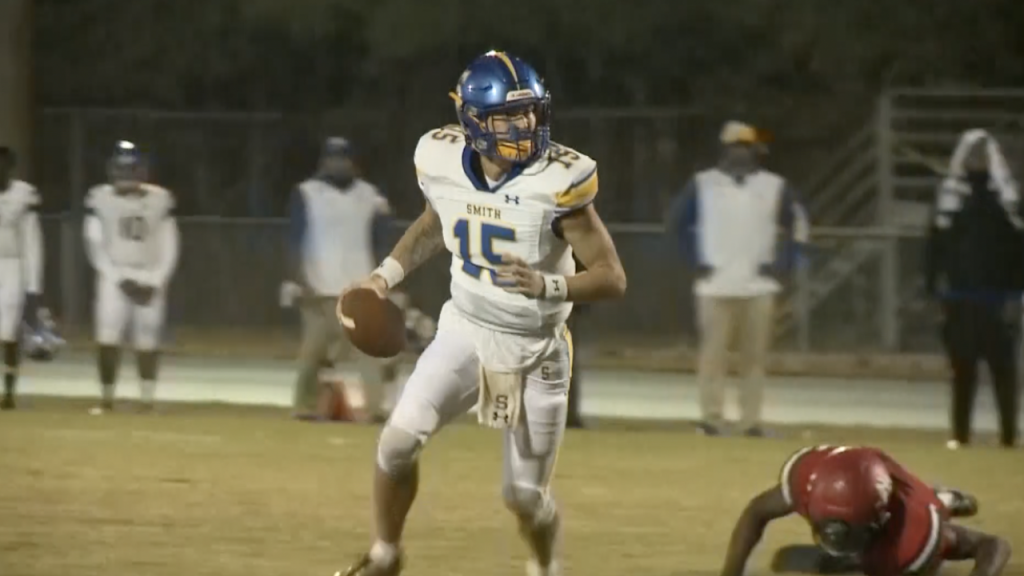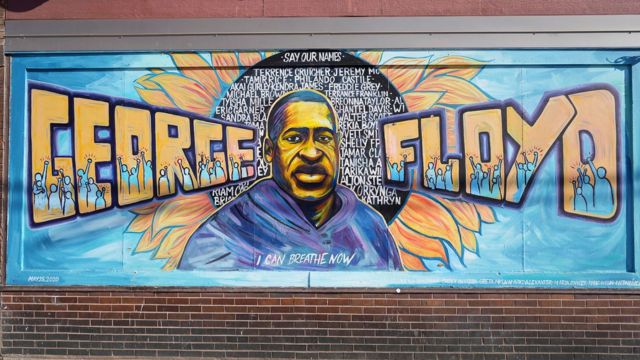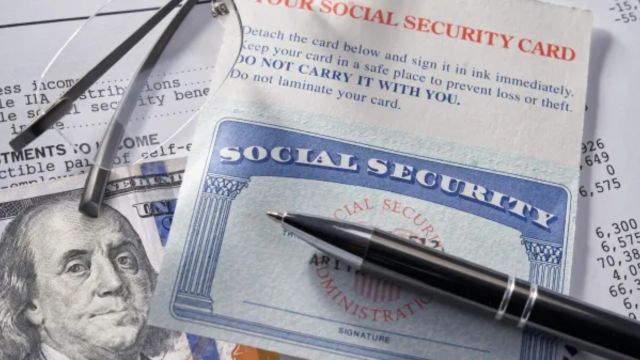In a pivotal move that could reshape the landscape of high school sports in Florida, the state’s high school athletic association is contemplating a groundbreaking decision regarding the eligibility of high school student-athletes to profit from their name, image, and likeness (NIL). Currently, Florida is among the 16 states that prohibit high school athletes from capitalizing on their personal brand, but winds of change may be blowing in the Sunshine State.
According to WeAr News, discussions within the state’s high school athletic association are gaining momentum, fueling anticipation that Florida may soon join the ranks of 25 other states allowing high school athletes to engage in NIL deals. The potential shift is poised to open up new avenues for young athletes to monetize their talents, echoing the recent trend that has seen some high school athletes from other states amass substantial earnings through NIL arrangements.
The prospect of Florida high school athletes entering the NIL arena is particularly intriguing, given the state’s rich tradition of producing top-tier talent in baseball, basketball, and football – the three major sports that captivate the nation’s attention. Notable prospects, such as Noah Franco, currently ranked as the third-best player nationally in the 2024 class by Perfect Game, exemplify the caliber of athletes that Florida consistently brings forth.
With renowned institutions like IMG Academy and Montverde, which boast massive high school athletic programs, the potential benefits of allowing high school athletes to capitalize on their NIL are manifold. Florida stands out as a breeding ground for exceptionally talented student-athletes, and enabling them to monetize their image and likeness could provide a significant boost to both the athletes and the state.

Read more:
- Dangerous icy road conditions prompt extended closures for East Tennessee schools, including Knox County
- Racist label for voucher programs sparks controversy in education
- School Experts Unhappy with Hochul’s Budget Plan, According to Education Insider
- New NJ Law: Student Mental Health Monitoring Now Mandatory in NJ Schools.
The national recognition of Florida’s high school athletes extends beyond the diamond, court, or gridiron. According to 247Sports, Jeremiah Smith, hailing from Opa Locka, Florida, is the top-ranked player in the 2024 class, destined for Ohio State. These examples underscore the immense talent pool within the state, making the case for a shift in policy that acknowledges the market value of these young athletes.
The argument for allowing high school athletes to earn money through NIL deals draws parallels to the debate at the collegiate level. If an 18-year-old college athlete is eligible to profit from their NIL, the question arises: Why should an 18-year-old high school student-athlete be denied the same opportunity? It is a point of contention that has been long overdue for consideration, mirroring the shifts seen in the NCAA, where the compensation landscape for college athletes has evolved.
The potential decision by the Florida high school athletic association reflects a broader societal shift towards recognizing and compensating athletes for their contributions. As the sports landscape continues to transform, the prevailing sentiment is that student-athletes, whether in college or high school, deserve a fair share of the economic pie generated by their performances and personal brand.
Florida, with its storied sports culture, is positioned to be a trailblazer in this regard. The state’s reputation for producing sports prodigies is synonymous with excellence, and allowing high school athletes to participate in NIL deals could further enhance the state’s allure for young talents seeking to showcase their skills on a national stage.
The potential economic impact on high school athletes cannot be understated. As exemplified by other states where NIL deals for high school athletes are permitted, the financial opportunities are significant. These opportunities extend beyond just the star players; even emerging talents could find avenues to build their personal brand and secure their financial future.
Moreover, the move to allow high school athletes to benefit from their NIL aligns with the evolving landscape of amateur sports. The traditional notion of amateurism is being reconsidered, recognizing that athletes at various stages of their development contribute significantly to the sports industry and deserve fair compensation for their efforts.
In conclusion, the impending decision by the Florida high school athletic association to potentially permit high school athletes to engage in NIL deals represents a critical juncture in the evolving narrative of athlete compensation. It is a conversation that resonates with the changing dynamics in sports and society’s evolving understanding of fairness and equity. If Florida embraces this change, it may not only revolutionize high school sports within the state but also set a precedent for other regions to follow suit, marking a new era where high school athletes rightfully share in the economic benefits of their athletic pursuits.















+ There are no comments
Add yours